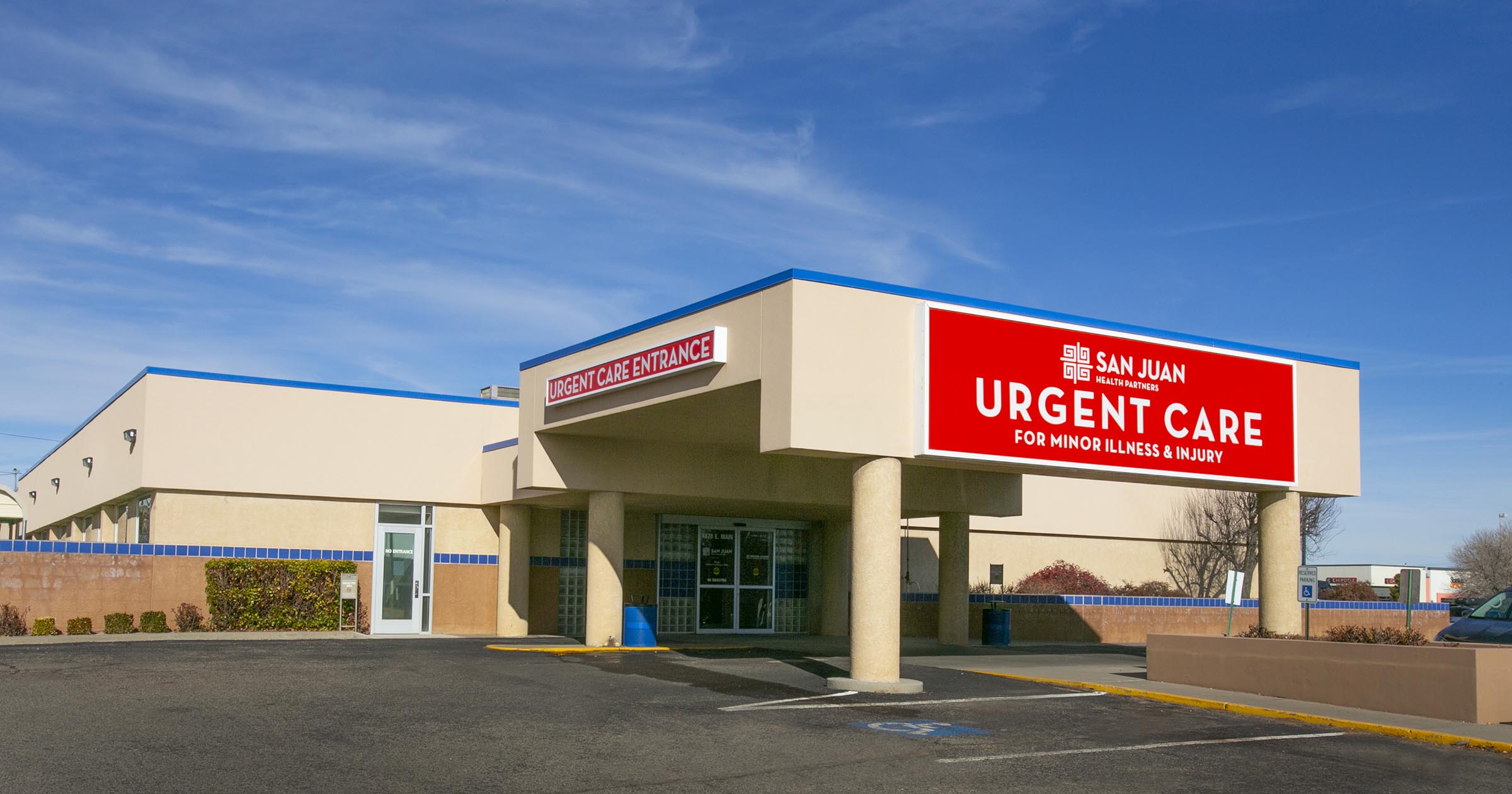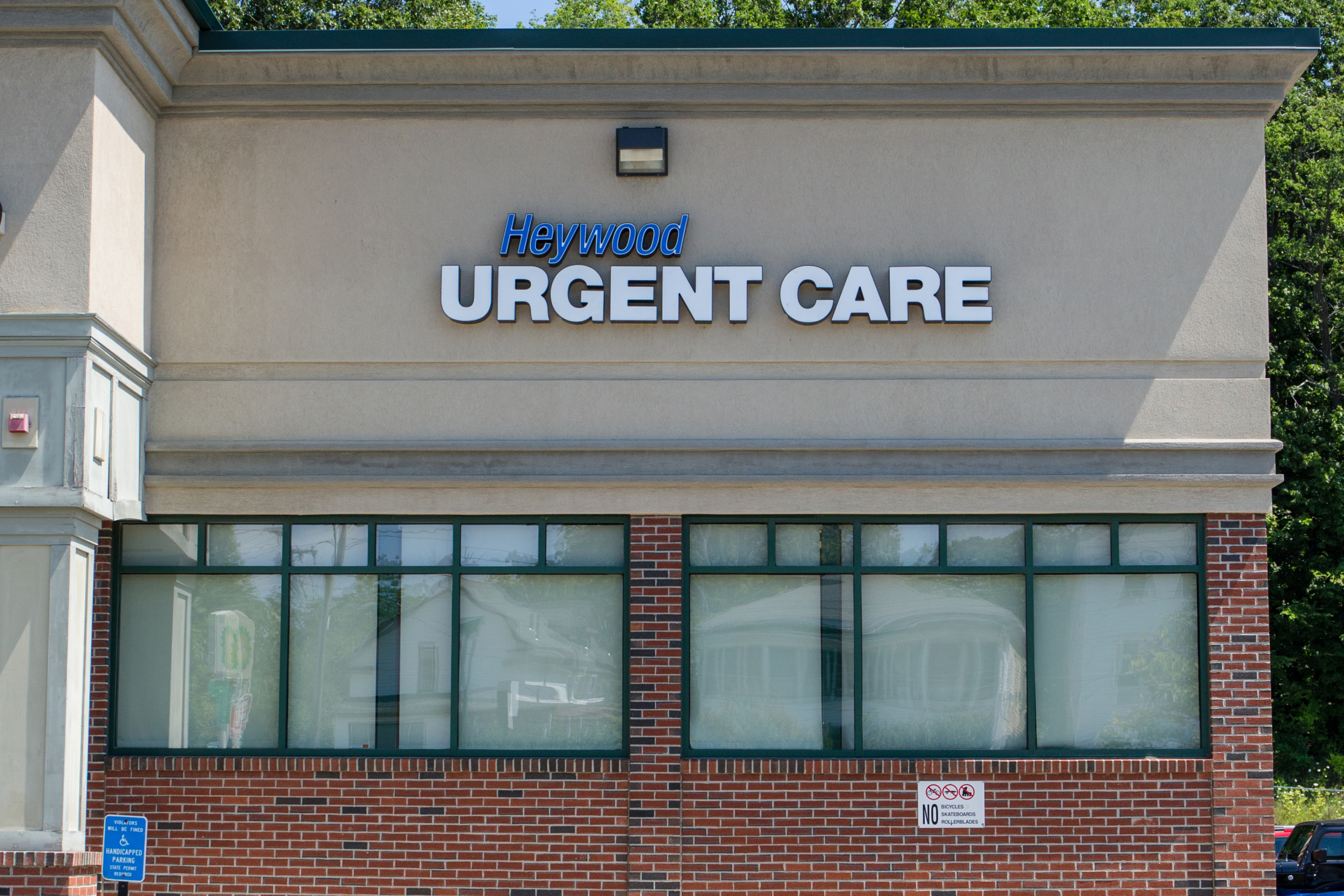Essential Services Provided by Clinics Specializing in Urgent Care
Essential Services Provided by Clinics Specializing in Urgent Care
Blog Article
Comprehending the Function of Urgent Care in Offering Timely Therapy for Non-Life-Threatening Problems
Immediate care facilities have emerged as an important part of the health care landscape, addressing the instant needs of clients with non-life-threatening problems. Comprehending the subtleties of urgent treatment could significantly impact person end results and the general performance of healthcare delivery.
What Is Urgent Care?
Immediate care refers to a group of medical solutions created to address non-life-threatening conditions that call for immediate attention. These centers function as an intermediary in between medical care doctors and emergency situation rooms, providing a practical choice for individuals that need prompt care without the substantial waiting times normally associated with emergency divisions.
Urgent care centers are usually staffed by clinical specialists, including physicians, nurse experts, and physician assistants, that are educated to diagnose and treat a broad variety of problems. Common services supplied by these facilities include therapy for small injuries, ailments, and infections, as well as diagnostic tests such as X-rays and laboratory work.
The access of immediate treatment is a crucial element in its appeal, as many facilities run past regular office hours, consisting of nights and weekend breaks. When their primary treatment carrier might not be available, this extensive schedule enables clients to obtain prompt treatment. Furthermore, urgent care facilities typically approve walk-in patients, eliminating the requirement for visits. Overall, immediate care plays an important role in the medical care system, making sure patients can access crucial medical services quickly and effectively.

Numerous people may find themselves unclear regarding when to seek treatment at an urgent care facility instead of a health care physician or an emergency clinic. Urgent care is made to attend to non-life-threatening conditions that require prompt attention however are not severe sufficient to warrant an emergency situation space go to.
Normally, one must think about urgent care for problems such as small cracks, strains, cuts requiring stitches, or infections like urinary tract infections. In addition, cold or influenza signs and symptoms, rashes, and allergies can also be properly taken care of in this setting.
It is essential to keep in mind that urgent treatment is not suitable for serious emergencies, such as breast discomfort, trouble breathing, or severe blood loss, which necessitate immediate emergency space treatment.
Individuals who do not have accessibility to a health care doctor or can not protect a prompt consultation might also gain from immediate care solutions. Eventually, comprehending when to utilize immediate treatment can lead to much more reliable healthcare delivery, allowing patients to receive the ideal level of treatment based on their specific health needs.
Benefits of Urgent Treatment Centers
Choosing immediate care centers for non-life-threatening conditions offers several advantages that enhance individual experience and access. One key advantage is the lowered delay times contrasted to traditional emergency spaces. Urgent care centers usually operate a first-come, first-served basis, permitting people to receive prompt clinical attention without the long hold-ups frequently connected with medical facility settings.
Additionally, immediate care centers provide extensive hours, consisting of evenings and weekends, fitting individuals with varying schedules. This flexibility guarantees that individuals can look for treatment when it is most hassle-free for them, even more promoting prompt intervention.

Moreover, these centers usually use a detailed variety of services, including analysis tests and small treatments, all under one roofing. This consolidation of solutions not just simplifies the client experience however additionally cultivates a more natural method to managing non-life-threatening health issues, inevitably profiting overall person results.
Usual Conditions Treated
At immediate care facilities, a variety of non-life-threatening problems can be effectively treated, providing individuals with accessible and prompt clinical assistance. These centers are particularly skilled at addressing problems that need punctual attention however do not pose a prompt threat to life or limb.
Typical problems dealt with at immediate care centers include small injuries such as fractures, stress, and strains. In addition, they manage health problems like colds, influenza, and infections, including urinary tract infections and sinus problems. Skin problem, varying from breakouts to insect attacks, are also frequently attended to. Immediate treatment facilities are outfitted to perform required diagnostic tests, such as X-rays and research laboratory examinations, allowing them to give comprehensive care.
Additionally, urgent treatment service providers can administer vaccinations, helping to click over here now avoid the spread of infectious conditions - Urgent Care. They likewise provide services for small procedures, such as suturing hop over to here wounds or draining pipes abscesses. By supplying these diverse solutions, immediate treatment facilities play an essential role in bridging the void between health care and emergency services, ensuring individuals receive prompt treatment for a wide variety of conditions without the requirement for long delay times normally connected with emergency clinic
How Urgent Treatment Supports Medical Care System
Urgent treatment centers play a crucial function in supporting the general health care system by reducing the worry on emergency divisions and providing prompt accessibility to treatment for non-life-threatening conditions. By dealing with instances such as small injuries, infections, and health problems, immediate care centers permit emergency situation departments to concentrate on even more essential individuals requiring instant focus.
Furthermore, immediate treatment centers improve medical care availability, offering prolonged hours and an easier alternative to standard health care setups. This accessibility is particularly helpful for people who may not have a routine doctor or that require instant therapy beyond regular workplace hours. As a result, urgent care facilities properly reduce wait times and enhance individual satisfaction.
Additionally, urgent care facilities add to cost savings for both individuals and the medical care system by giving lower-cost solutions contrasted to emergency situation divisions. This economic performance is essential in a period of climbing health care costs, enabling patients to receive needed treatment without incurring inflated costs.
Conclusion
Finally, urgent care centers play an essential function in the healthcare system by providing timely therapy for non-life-threatening problems. By connecting the gap between primary treatment and emergency areas, these centers make sure that people obtain timely medical attention without the extensive delay times typically connected with emergency departments. The ease of access and performance of find this urgent treatment facilities add considerably to reducing the overall concern on health care sources, boosting individual results, and advertising a much more effective healthcare delivery system.
Immediate treatment centers have emerged as a vital part of the health care landscape, resolving the prompt requirements of clients with non-life-threatening conditions. Immediate care visits usually incur reduced out-of-pocket costs compared to emergency department gos to, making care much more cost effective for patients without endangering top quality. Immediate care facilities are equipped to do necessary analysis examinations, such as X-rays and research laboratory tests, enabling them to give thorough treatment.
By providing these varied solutions, urgent treatment centers play a crucial function in connecting the gap in between key care and emergency situation solutions, guaranteeing people obtain prompt treatment for a vast range of conditions without the need for long delay times normally connected with emergency situation rooms.
Additionally, immediate care facilities boost healthcare access, offering prolonged hours and a more convenient option to traditional key care setups.
Report this page